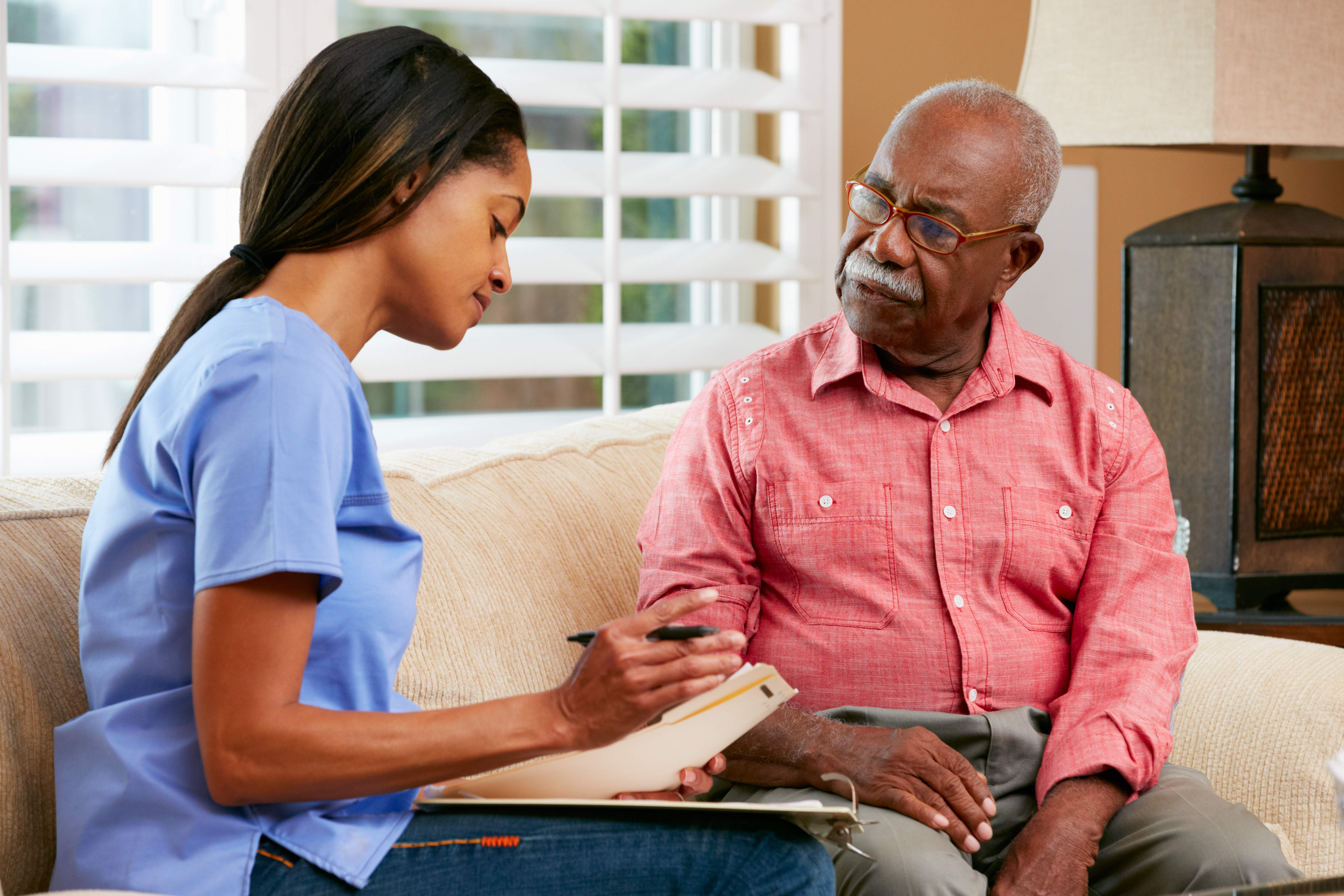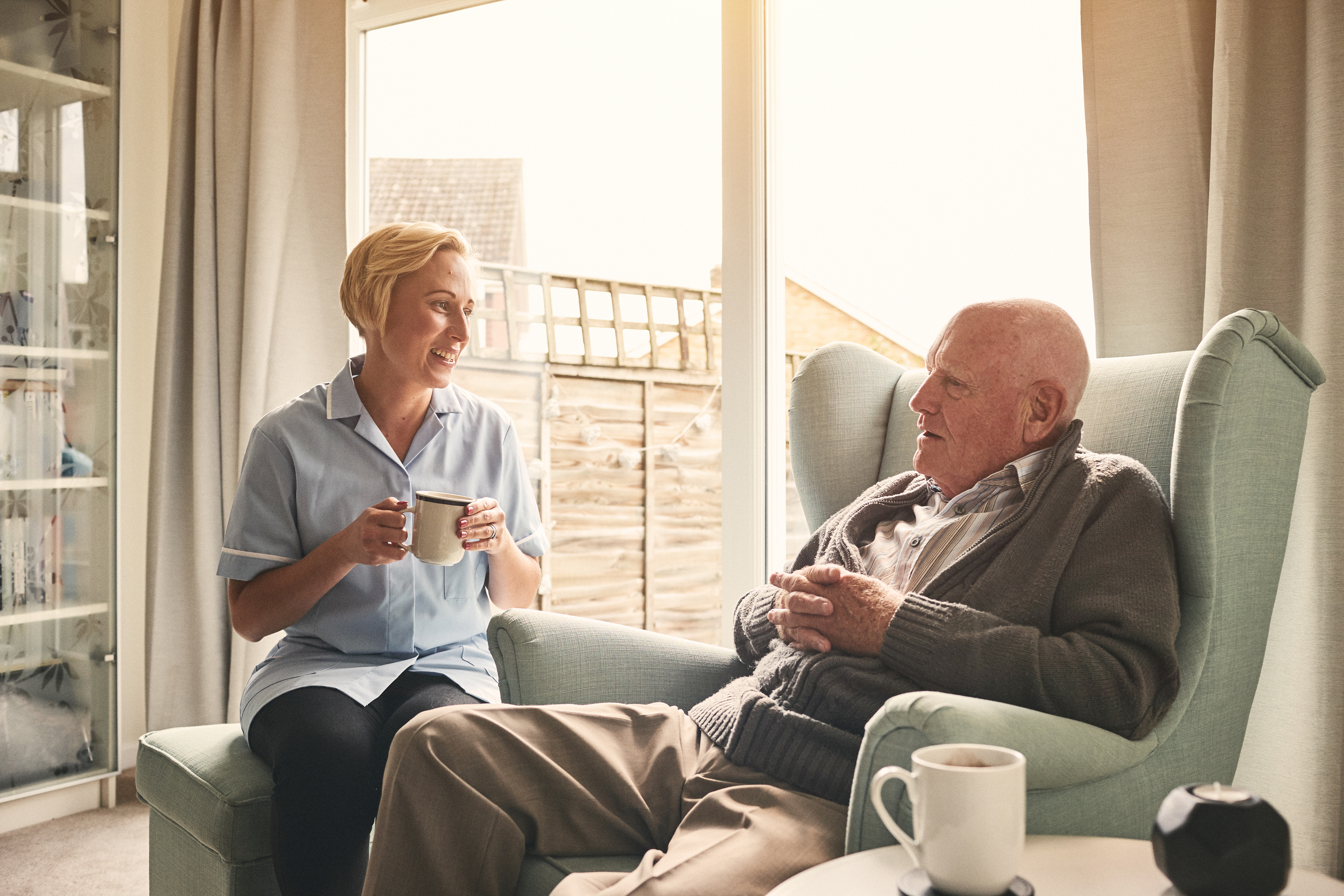End-of-Life Care
End-of-life care is a special type of care. It is usually given to you in the final year of your life.

The aim of end-of-life care is to help you to live as well as possible. It can support you to die with dignity in the place of your choosing. It can also include bereavement support for your family.
The focus of end-of-life care is on:
The type of care that you get will depend on your own personal needs.
You can talk to:
Community nurses provide care to people in their own home. They can provide:
Speak to your GP about accessing support from your local community nursing team.
 Physiotherapists can help with:
Physiotherapists can help with: 
 They can help you to access any equipment you may need. This can be:
They can help you to access any equipment you may need. This can be:

All of links in this section will open in new external windows.
Marie-Curie have put together a guide for LGBTQ+ people living with a terminal illness and the people close to them.
You can download the guide as a PDF or order a hardcopy.
Visit the Marie-Curie website to download or order a copy of the booklet.
In 2022 Prostate Cancer Research worked with Ipsen Ltd. to put together a webinar series called ‘What to Expect: A Guide to Prostate Cancer’.
The webinar is led by speakers Clinical Nurse Specialist Debbie Victor and Advance Care Planning Advocate Clare Fuller. They focus on: